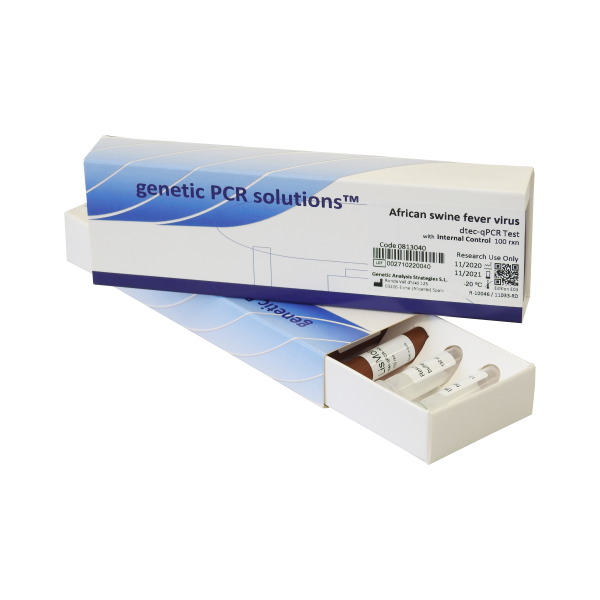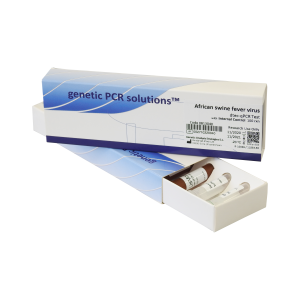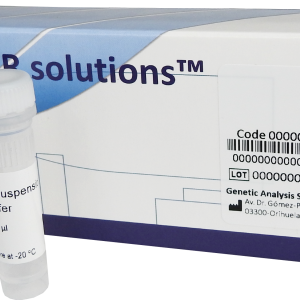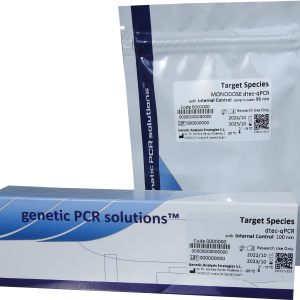
Cattle abortion dtec-qPCR Panel (Cattle abortion-Panel-3)
Description
The Cattle Abortion-Panel-3 comprises a series of species-specific targeted reagents designed for detection of Tritrichomonas foetus, Campylobacter fetus and Campylobacter fetus subsp. venerealis by using qPCR. There are multiple causes for cattle abortion and the detection of the cause, especially infectious related, is the key to correct the problem and prevent in the future. Diagnosis and control are problematic because these diseases are clinically asymptomatic. The use of current methods as qPCR can improve early diagnosis to control some bovine sexually transmitted diseases. The panel is designed with 3 organisms related with cattle abortion: Tritrichomonas foetus, Campylobacter fetus and Campylobacter fetus subsp. venerealis.
Tritrichomonas foetus is a single celled flagellated protozoan parasite that is known to be a pathogen of the bovine reproductive tract. In cattle, the organism is transmitted to the female vagina and uterus from the foreskin of the bull where the parasite is known to reside. It causes infertility, and, at times, has caused spontaneous abortions in the first trimester.
Campylobacter fetus is a species of Gram-negative, motile bacteria with a characteristic “S-shaped” rod morphology. C. fetus causes abortion in cattle and sheep. There exist two subspecies: C. fetus subsp. venerealis and C. fetus subsp. fetus. Both are responsible of abortions by using different mechanisms of transmission. Campylobacter fetus subsp. venerealis is the causative agent of bovine genital campylobacteriosis, asymptomatic in bulls the disease is spread to female cattle causing catarrhal inflammation in the female genital tract, temporary infertility and prolonged oestrus cycle. Endometritis prevents implantation until the infection is cleared and causes early embryonic death and occasionally sporadic abortion. Campylobacter fetus subsp. fetus uses a different infection mechanism usually spread through faecal-oral transmission, causing sporadic abortion and early embryonic death.




